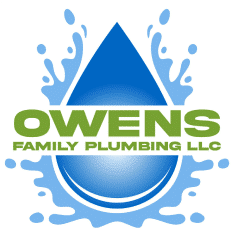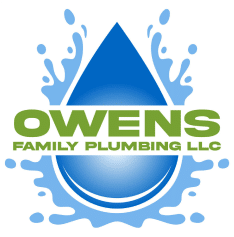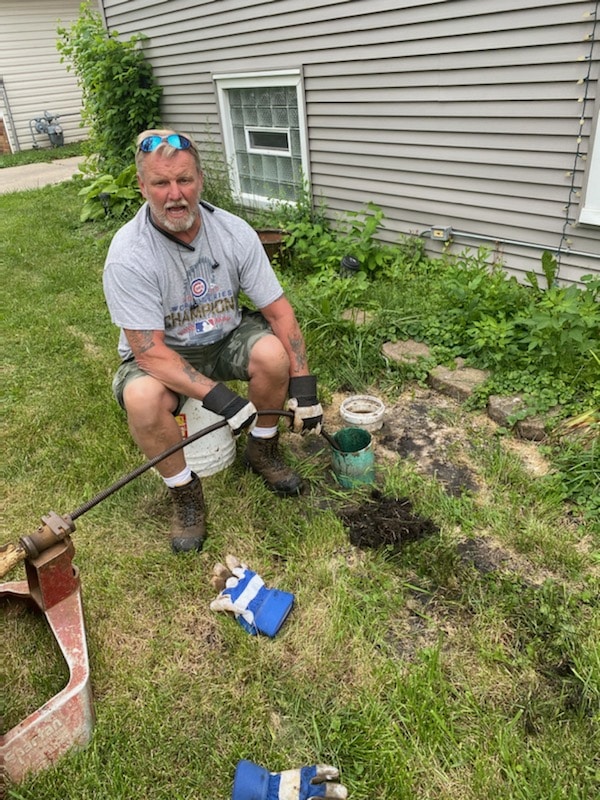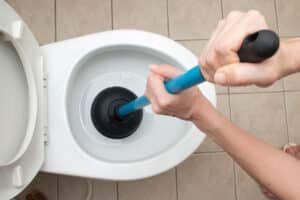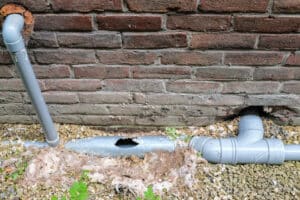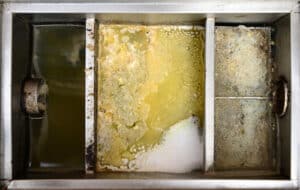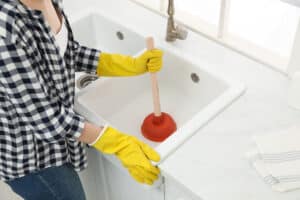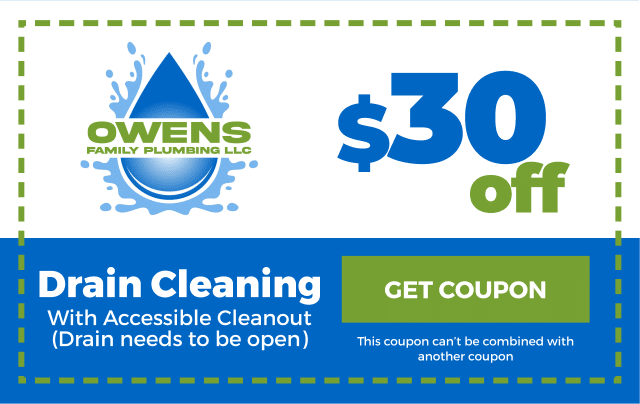Clogged drains are a common household problem that most homeowners have experienced at some point in their lives. They can be frustrating and can cause significant damage to your plumbing system if left unaddressed. Understanding the causes of clogged drains and taking preventive measures can help you avoid these issues. In this article, we will discuss the causes of clogged drains, including the clogged drainage system, clogged pipes, and blocked water drain. We will also explore why your drain may not be draining and the meaning of a clogged drain. Additionally, we will answer the question of whether dirt can clog a drain. So, keep reading to learn about these causes and how to prevent clogged drains.
Hair and soap buildup in bathroom drains:
One of the most common causes of clogged drains in the bathroom is the accumulation of hair and soap scum. Over time, hair can get trapped in the drain and cause a stubborn clog, while soap scum can build up on the drain pipe walls and restrict water flow.
To prevent clogged bathroom drains, it is important to minimize the amount of hair and soap going down the drain. Installing a drain cover or strainer can catch hair and debris before it enters the drain. Regularly cleaning your drain using a mixture of baking soda and vinegar can also help. Simply pour the mixture down the drain, let it sit for 15-20 minutes, and then flush with hot water.
If you already have a clogged bathroom drain, there are DIY methods you can try before contacting a plumber. Using a plunger or a drain snake can help dislodge the clog and restore proper water flow.
Food particles and grease in kitchen drains:
Food particles and grease in the kitchen sink are another common cause of clogged drains. When food scraps and grease are washed down the drain, they can adhere to the pipe walls, leading to a buildup that restricts water flow and causes clogs.
To prevent clogged kitchen drains, be mindful of what you dispose of in the sink. Avoid putting large food scraps and grease down the drain. Instead, scrape food scraps into the trash and collect grease in a container for proper disposal.
To clean your kitchen drain, try pouring a mixture of hot water and dish soap down the drain to break down any grease and food particles. Plunging or using a drain snake can also help dislodge minor clogs.
If you have a persistent clog in your kitchen drain, it is advisable to contact a professional plumber to avoid further damage to your plumbing system.
Tree roots invading outdoor sewer lines:
Sometimes, clogged drains can be caused by tree roots infiltrating outdoor sewer lines. The strong roots of trees and shrubs can penetrate even the most durable materials, including sewer lines. If left unattended, these roots can cause significant damage to your plumbing system and result in sewage backups.
To prevent tree roots from clogging your sewer lines, be cautious when planting trees and shrubs. Avoid planting them near sewer lines or septic systems. Regular inspections of your sewer lines by a professional plumber can help identify and address any potential issues before they become major problems.
If you suspect that tree roots are causing a clog in your sewer line, it is crucial to contact a professional plumber promptly. They have specialized equipment to locate and remove the roots without causing further damage to your plumbing system.
Non-flushable items causing blockages:
Flushing non-flushable items down the toilet is another common cause of clogged drains. Items such as feminine hygiene products, baby wipes, and paper towels can easily get stuck in the pipes and create stubborn clogs.
To prevent clogged toilets, only flush toilet paper and human waste down the toilet. Dispose of all other items in the garbage. Consider placing a sign in your bathroom reminding guests not to flush non-flushable items.
If you have a clogged toilet, avoid using harsh chemicals that can damage your plumbing system. Instead, try using a plunger or a drain snake. If these methods are unsuccessful, contact a professional plumber. They have the necessary equipment and expertise to safely and effectively remove the clog without causing further damage.
Signs of a clogged drain:
Recognizing the signs of a clogged drain is important to address the issue before it worsens. Common signs of a clogged drain include:
- Slow draining water
- Water backing up in the sink or bathtub
- Unpleasant odors emanating from the drain
- Gurgling sounds coming from the drain
If you notice any of these signs, it is crucial to address the issue as soon as possible. Ignoring a clogged drain can lead to significant damage to your plumbing system and potential water damage to your home.
Preventative measures for clogged drains:
Preventing clogged drains is easier than dealing with a stubborn clog. Here are some preventive measures you can take to keep your drains flowing smoothly:
- Install drain covers or strainers to catch hair and debris.
- Avoid pouring grease and large food scraps down the kitchen sink.
- Only flush toilet paper and human waste down the toilet.
- Have your sewer lines inspected regularly by a professional plumber.
- Clean your drains regularly using a mixture of baking soda and vinegar.
By following these simple preventive measures, you can avoid clogged drains and keep your plumbing system in good working order.
DIY drain cleaning methods:
For minor clogs, several DIY methods can be effective before seeking professional help. Here are some DIY drain cleaning methods:
- Baking soda and vinegar: Pour a mixture of baking soda and vinegar down the drain, let it sit for 15-20 minutes, and then flush with hot water.
- Plunger: Use a plunger to create suction and dislodge the clog.
- Drain snake: Use a drain snake to physically remove the blockage.
Please note that these methods may not work for more stubborn clogs. If you have a major clog or are unsure how to proceed, it is best to contact a professional plumber.
When to call a professional plumber:
While DIY methods can address minor clogs, there are situations that require the expertise of a professional plumber. Here are some instances when you should call a plumber:
- Persistent clogs that do not clear with DIY methods
- Clogged sewer lines
- Damaged or broken pipes
- Uncertainty about the cause of the issue
- Unsuccessful attempts with DIY methods
Professional plumbers have the necessary tools and expertise to safely and effectively address any plumbing issue. They can also provide preventive maintenance services to help you avoid future clogs and protect your plumbing system.
Conclusion:
Clogged drains can cause significant damage to your plumbing system if not addressed promptly. By understanding the common causes of clogged drains, such as clogged pipes, clogged drainage systems, and blocked water drains, you can take preventive measures to avoid these issues. Regular cleaning, proper disposal of waste, and professional assistance when needed are key to maintaining smoothly flowing drains and preventing costly repairs. For professional drain cleaning services, consider reaching out to Owens Family Plumbing for Drain Cleaning Services. Remember, prevention is essential in dealing with clogged drains.
